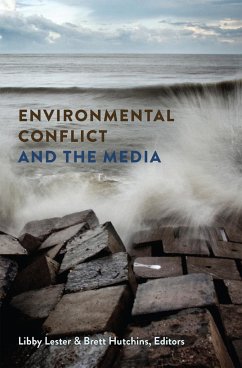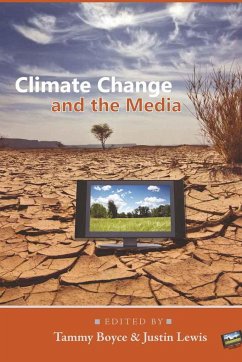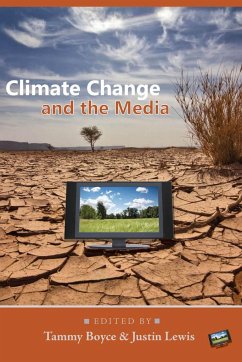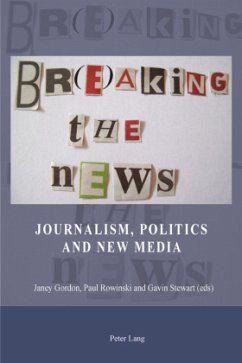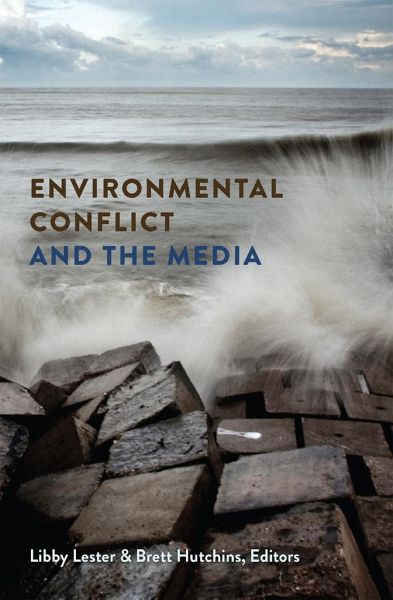
Environmental Conflict and the Media
Versandkostenfrei!
Versandfertig in 6-10 Tagen
167,65 €
inkl. MwSt.

PAYBACK Punkte
0 °P sammeln!
Has the hype associated with the "revolutionary" potential of the World Wide Web and digital media for environmental activism been muted by the past two decades of lived experience? What are the empirical realities of the prevailing media landscape?Using a range of related disciplinary perspectives, the contributors to this book analyze and explain the complicated relationship between environmental conflict and the media. They shine light on why media are central to historical and contemporary conceptions of power and politics in the context of local, national and global issues and outline the...
Has the hype associated with the "revolutionary" potential of the World Wide Web and digital media for environmental activism been muted by the past two decades of lived experience? What are the empirical realities of the prevailing media landscape?
Using a range of related disciplinary perspectives, the contributors to this book analyze and explain the complicated relationship between environmental conflict and the media. They shine light on why media are central to historical and contemporary conceptions of power and politics in the context of local, national and global issues and outline the emerging mixture of innovation and reliance on established strategies in environmental campaigns.
With cases drawn from different sections of the globe - Australia, the United Kingdom, the United States, Europe, Latin America, China, Japan, the Pacific Islands, Africa - the book demonstrates how conflicts emanate from and flow across multiple sites, regions and media platforms and examines the role of the media in helping to structure collective discussion, debate and decision-making.
Using a range of related disciplinary perspectives, the contributors to this book analyze and explain the complicated relationship between environmental conflict and the media. They shine light on why media are central to historical and contemporary conceptions of power and politics in the context of local, national and global issues and outline the emerging mixture of innovation and reliance on established strategies in environmental campaigns.
With cases drawn from different sections of the globe - Australia, the United Kingdom, the United States, Europe, Latin America, China, Japan, the Pacific Islands, Africa - the book demonstrates how conflicts emanate from and flow across multiple sites, regions and media platforms and examines the role of the media in helping to structure collective discussion, debate and decision-making.



